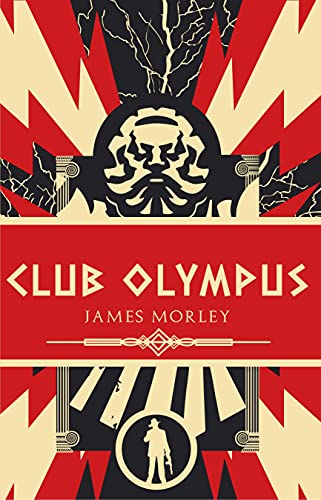 I know I say this a lot, but I LOVED the idea of this book. Put the Olympian gods smack dab in New York during the height of prohibition and make them the biggest criminal organization selling booze and running brothels? Uh, yes please! I have recently been on a mafia and organized crime kick so I figured this was the perfect time to finally settle in and read this book, especially since I do love me some Greek mythology. But the story I got wasn’t the one I was expecting, and not in a good way either? Kind of, even now I’m still a bit conflicted.
0 Comments
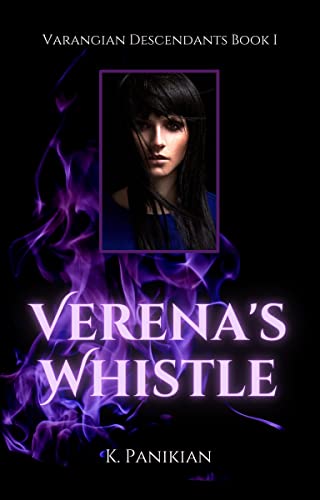 “Verena’s Whistle” is an urban fantasy adventure that is steeped heavily in Slavic folklore. We follow our main character, Verena, who finds out very quickly that her families dwindling magical talents are needed in order to close a portal that has allowed monsters from another place and time to enter our world. Verena’s family has always known that they are the last line of magical defense should this very thing happen, so there really isn’t much of a secret there. But Verena’s particular talent manifestation comes as a surprise, especially as their magical strength has been dwindling over the centuries. But while the synopsis claims there are secrets and Verena must decide if she’s capable of leading, you’d never know that by reading the book. 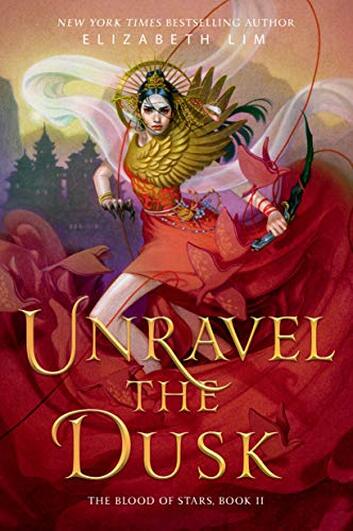 I LOVED Spin the Dawn, it was one of my favorite books when I first read it, which set up exceedingly high expectations for the sequel, I will admit. Unravel the Dusk starts off almost immediately from where its predecessor leaves off, with Maia trying to save her kingdom by ensuring the emperor marries Lady Sarnai, but of course Sarnai has other plans. When she runs off, Maia has to step into her shoes and hope no one notices, which isn’t even a good plan on paper given how widely different in temperament both these women are. When the emperor’s foes wage war in force again, it’s left to Maia to find a way to save her country, which becomes harder and harder as she loses her internal battle against the demon inside of her. Gone is the fun plot line from the first book where Maia learns to wield her magic scissors to weave garments worthy of the gods, and instead is replaced by demon magic that, I felt, got overly repetitive. 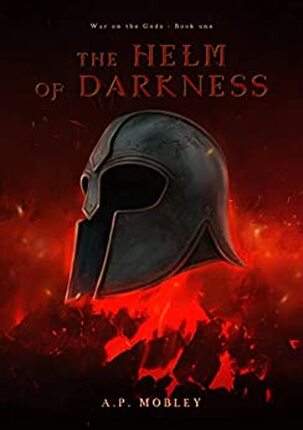 Are you like me and hold a special place for Greek Mythology in your heart? Do you also enjoy YA dystopians with some seriously tragic characters? Then let me introduce you to “Helm of Darkness”. In a nutshell, this book is about the classic Greek Gods (Zeus, Hades, Poseidon, you know, that old gang) getting fed up with being forgotten by us mortals. So, in classic Greek God fashion, they destroy the world and make all us mortals worship them once more. How charming. Except there’s this prophecy, because of course, and this prophecy says that two mortals are going to save the day! Usually I am not the biggest fan of these types of tropes, but I was here for it this time. 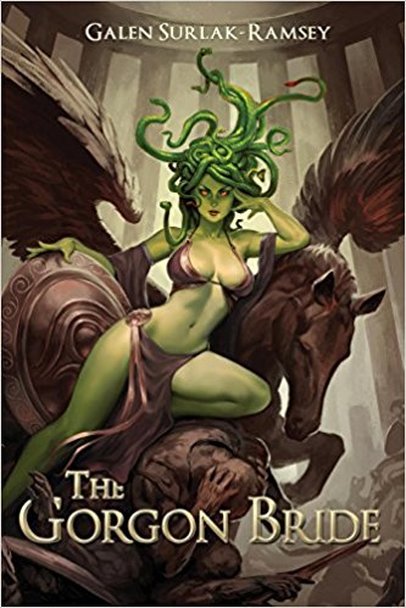 “The Gorgon Bride” is a whimsical story about a whirlwind romance and trying to discover if that romance is the real deal, or just a passing fling. As someone who adores Greek Mythology, I was instantly intrigued by this book, and for the most part, the author does a nice job of touching upon a great number of myths and portrays the Greek gods well enough to where you don’t necessarily need to know all the stories for the various people who make cameo’s in the book, but it certainly does help. The reader follows Alex, though, a modern day man who finds himself suddenly dead, the Greek gods are suddenly back from their centuries long hiatus, and that Athena has taken an interest in Alex in particular. Why Alex? That’s never really explained…. |
Click the book images to see them on Amazon!
Categories
All
|






 RSS Feed
RSS Feed



















